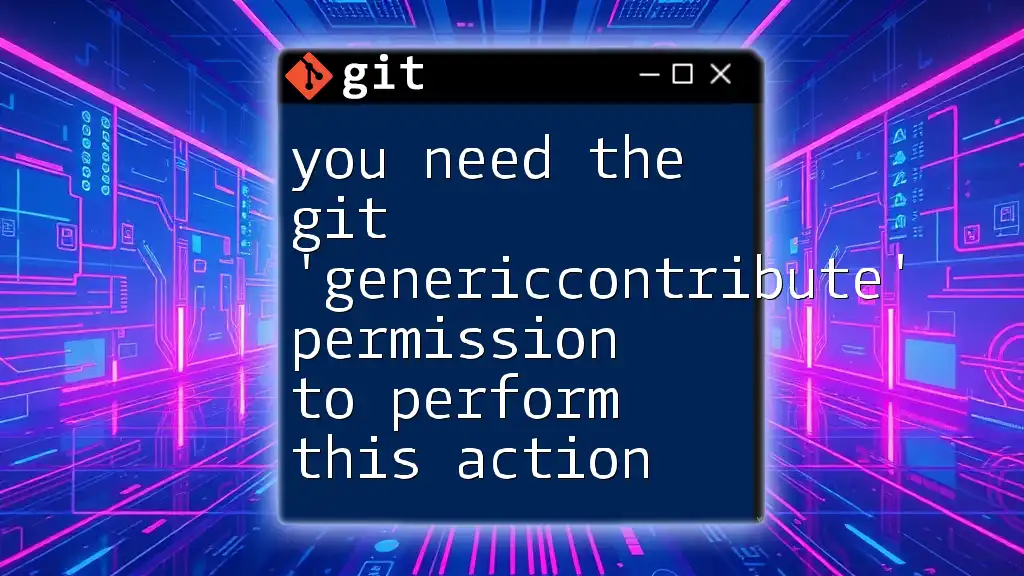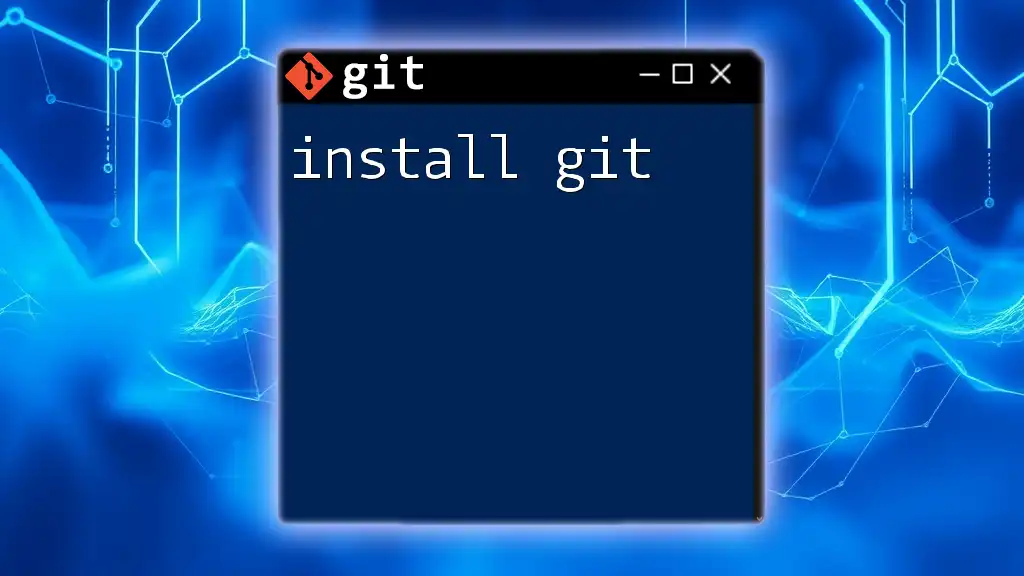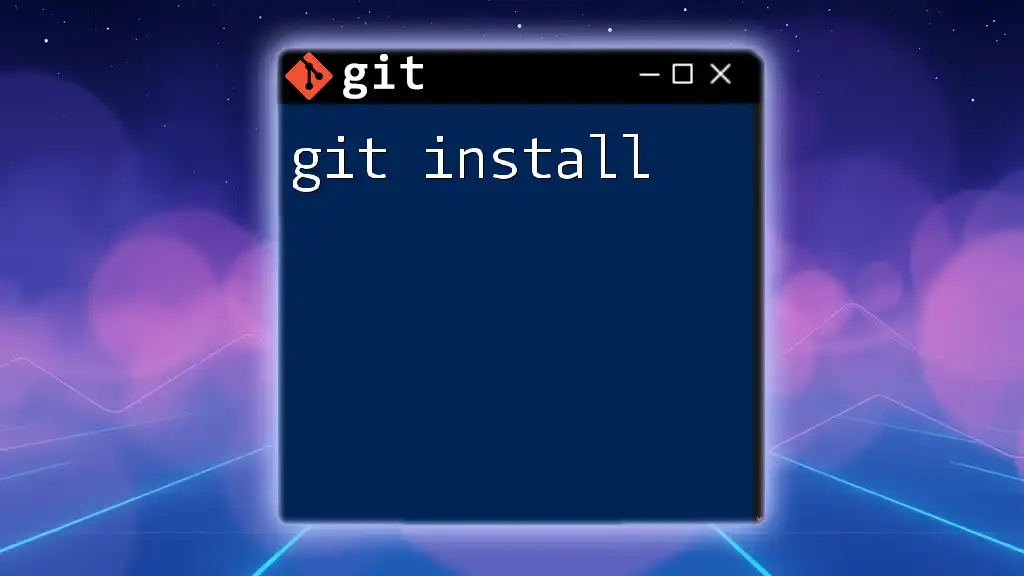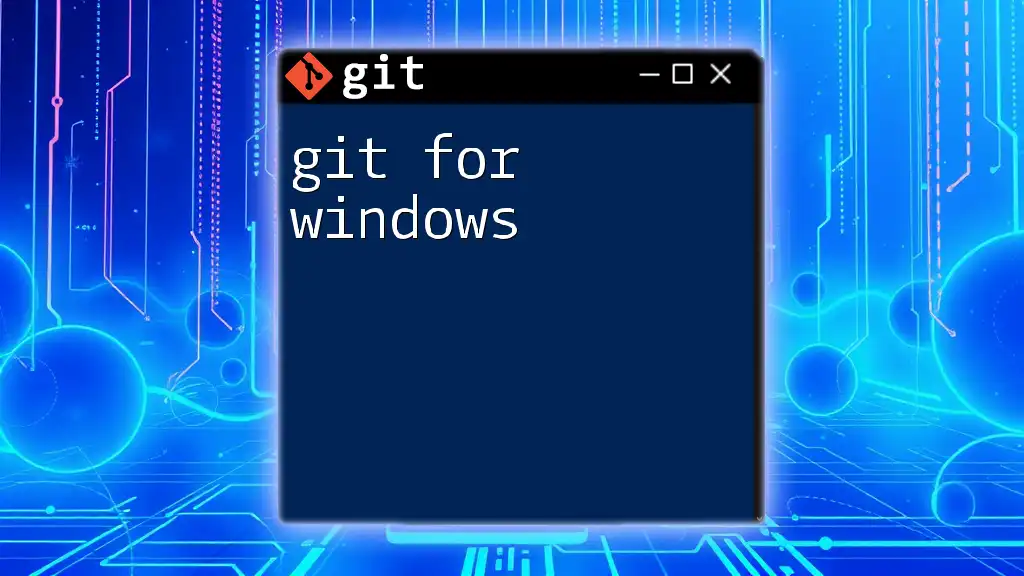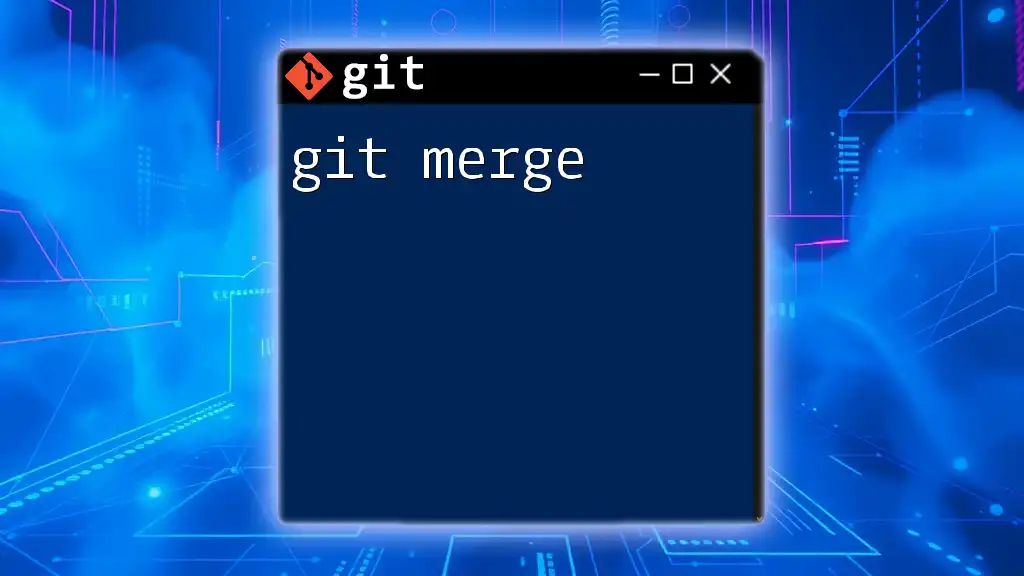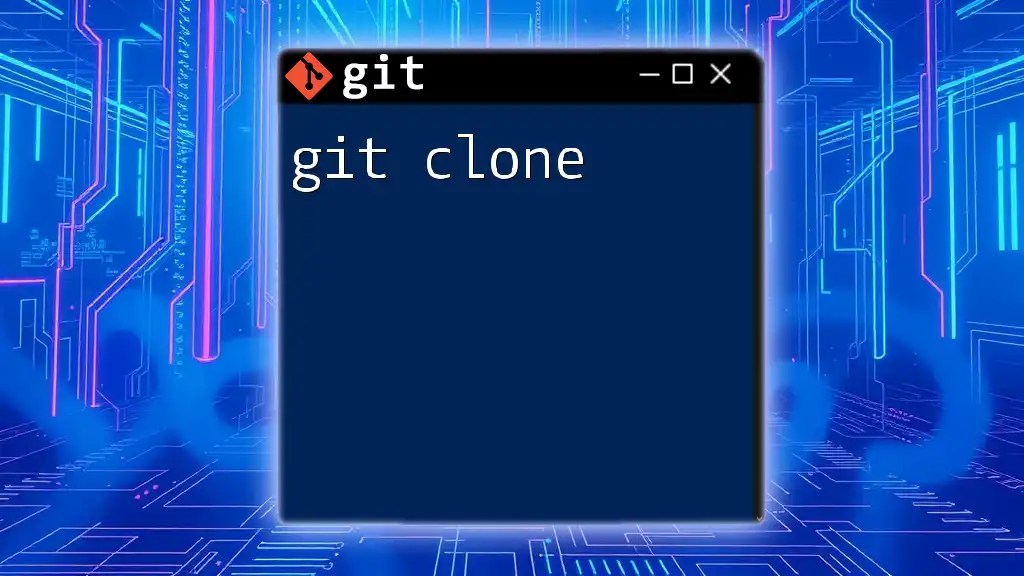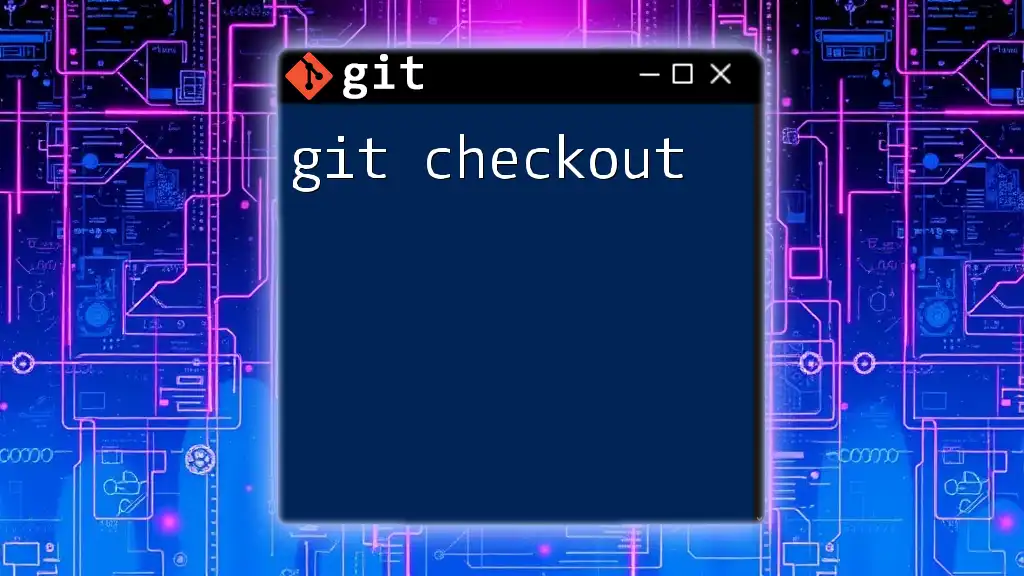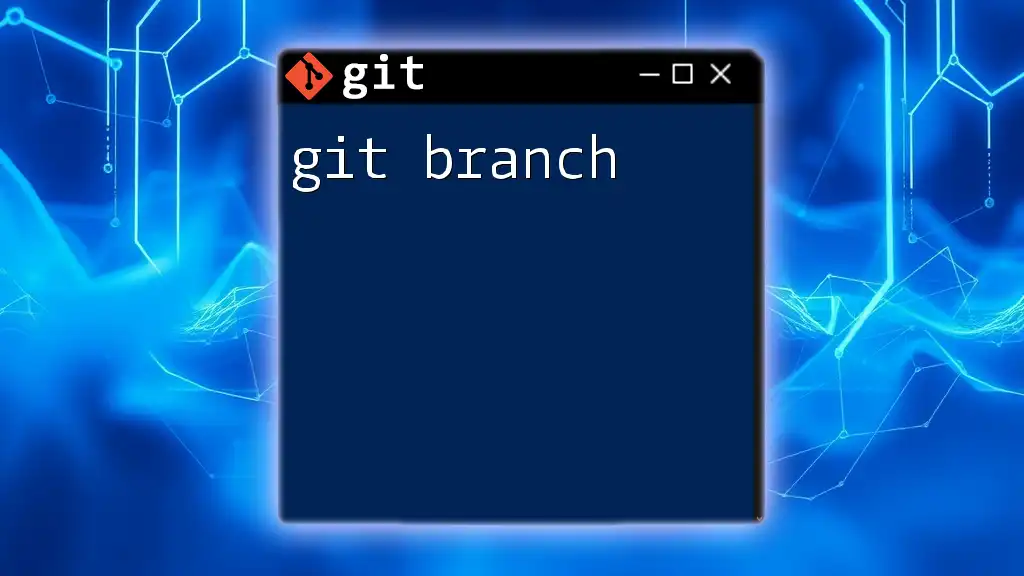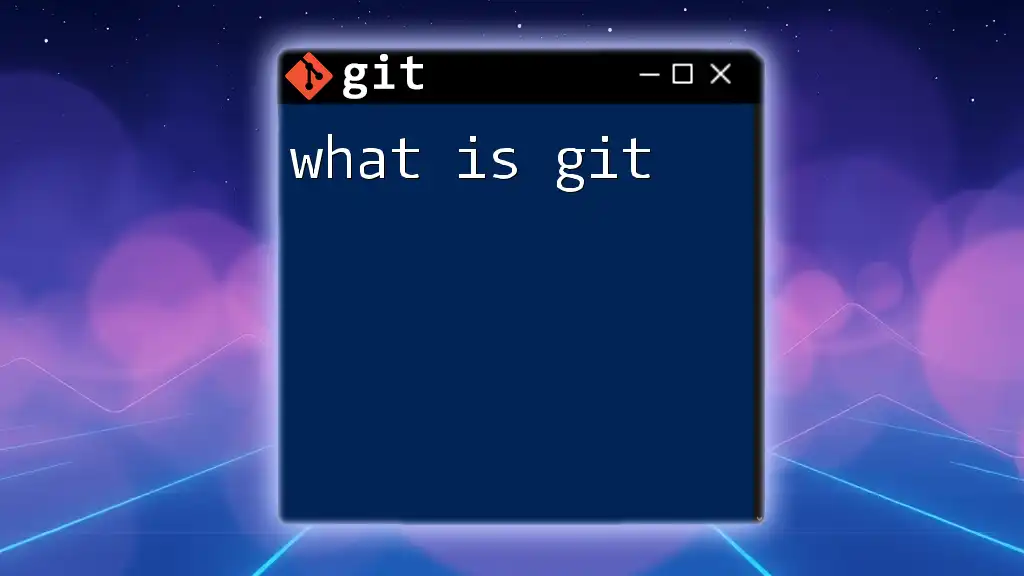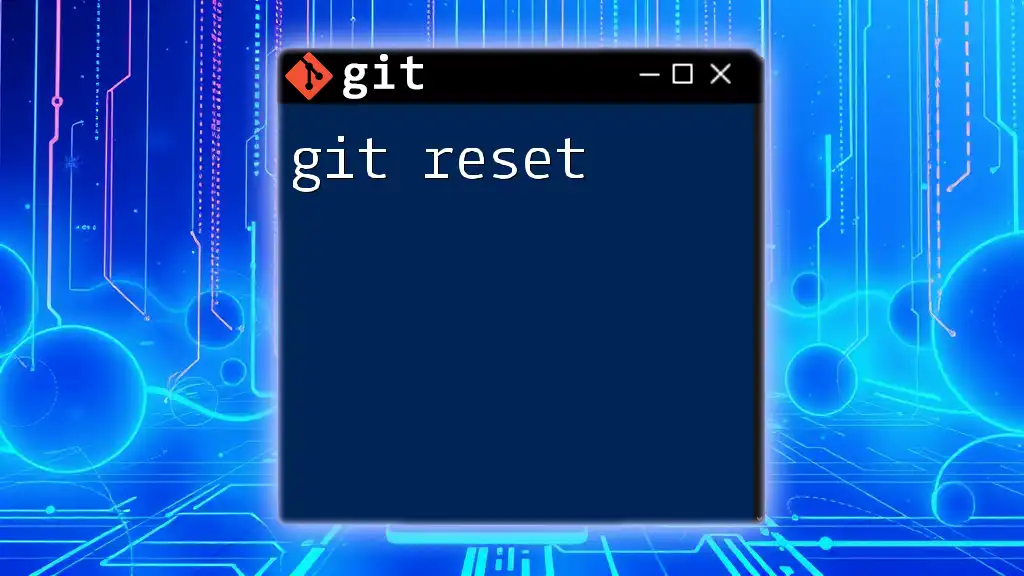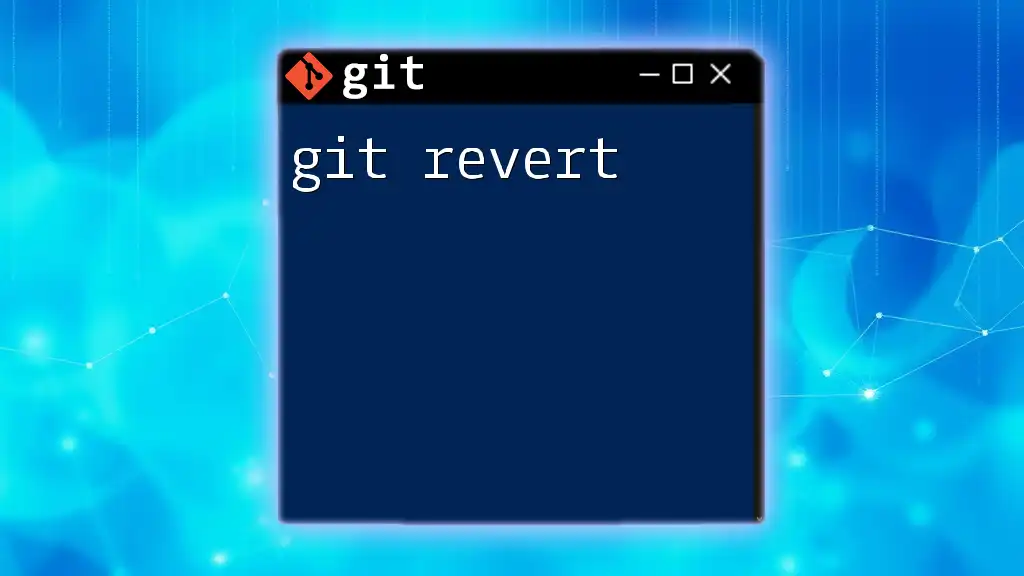To perform this action in a Git repository, you must have the 'genericcontribute' permission, which allows you to push changes or contribute to that repository.
Here’s an example of how you might configure access:
git remote add origin https://github.com/username/repo.git
git push origin main
What is 'genericcontribute' Permission?
The 'genericcontribute' permission is a crucial element in the Git permission framework. This permission allows contributors to perform key actions such as committing code and pushing changes to a remote repository. Without this permission, a user is restricted from effectively collaborating on projects, making it difficult to contribute to the codebase.
In the landscape of Git permissions, 'genericcontribute' stands out as it grants an essential level of access without bestowing full administrative rights. Understanding this permission is vital for both new and seasoned contributors, as it enables them to participate actively in collaborative projects while ensuring the repository's security remains intact.
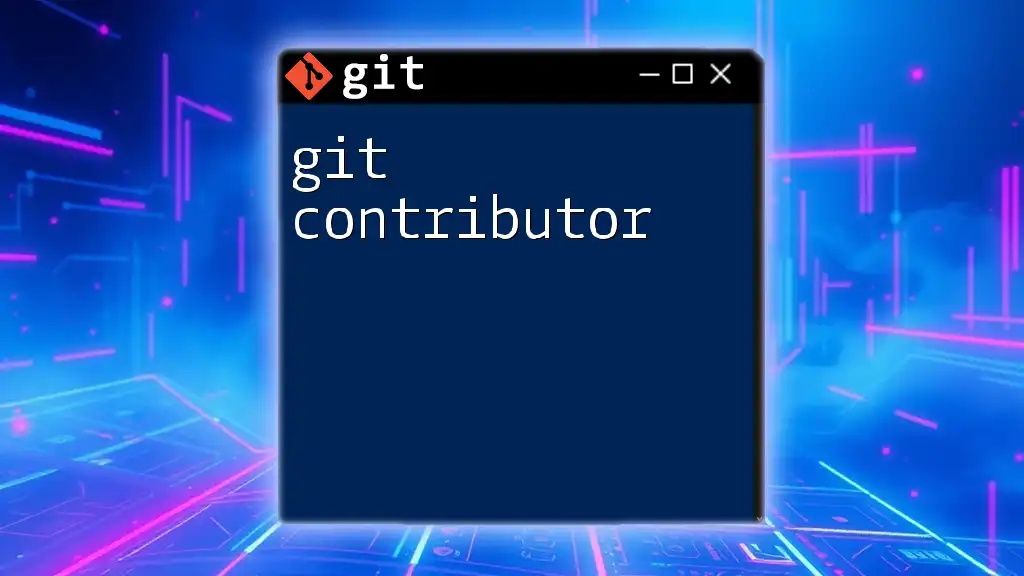
When Do You Need 'genericcontribute' Permission?
The necessity for 'genericcontribute' permission manifests in specific scenarios, predominantly when you attempt actions that involve altering the repository's state. Here’s a breakdown of actions that typically require this permission:
-
Committing Code: This is when you save your changes to the local repository. Without the proper permissions, your commit actions can be blocked or fail outright.
-
Pushing Changes to Remote Repositories: This essential step ensures that the work you're doing locally is reflected in the shared space where collaborators can see and build upon it. If you lack the 'genericcontribute' permission, your push attempts will be unsuccessful.
Common scenarios where permission may be required include:
-
First-time Contributor: A new developer eager to contribute to a project may encounter denial of permission, which can be disheartening yet is a necessary checkpoint.
-
Permission Issues in Team Projects: Even seasoned contributors can face permission barriers if their access level changes due to team adjustments or project modifications.
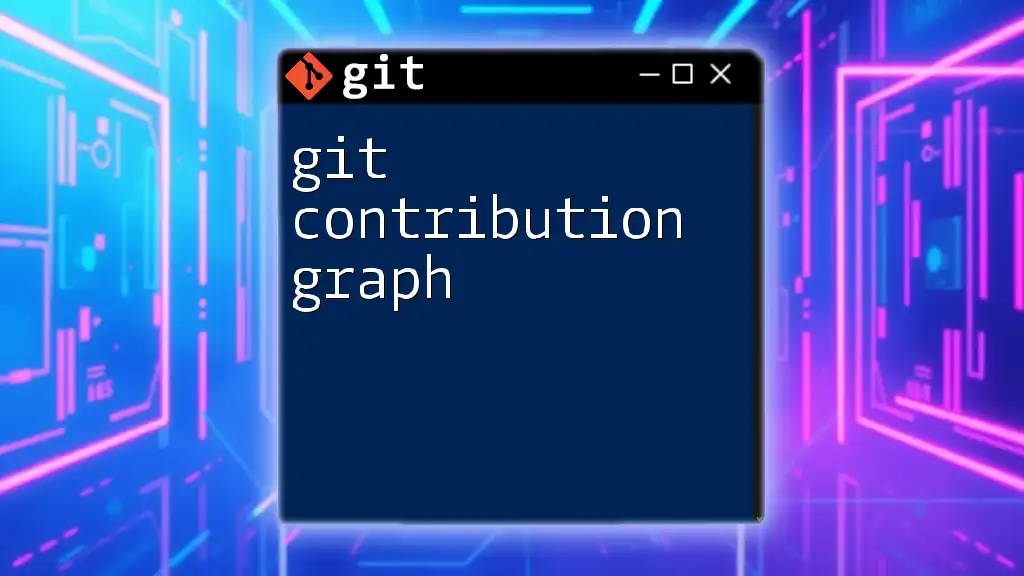
Checking Your Current Permissions
To avoid unnecessary confusion, it’s imperative to verify your existing permissions when encountering issues. You can use the following Git command to see your current access rights:
git remote show origin
This command will provide the necessary information about your access levels. Look for the section detailing your permissions in the output. This visibility ensures you know where you stand regarding contribution permissions.
For those who prefer a graphical user interface, platforms such as GitHub or GitLab offer straightforward methods to check your permissions. Navigate to the repository, then access the Settings page to review the collaborators or members and their respective roles. This can help clarify whether you have the 'genericcontribute' permission.
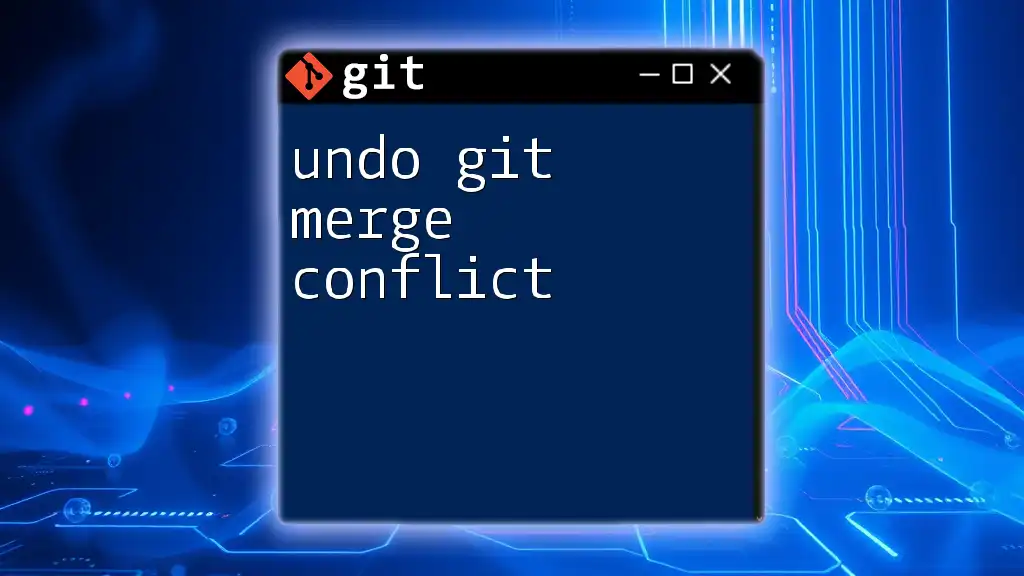
How to Request 'genericcontribute' Permission
If you discover that you lack the 'genericcontribute' permission, it’s time to reach out to the project maintainers. Crafting a respectful and clear request can make a significant difference. Here’s a template you might consider using:
Subject: Request for 'genericcontribute' Permission
Hi [Maintainer’s Name],
I hope this message finds you well. I am a contributor to [Project Name] and would like to request the 'genericcontribute' permission to assist with [specific contribution].
Thank you for considering my request!
Best,
[Your Name]
Additionally, it’s helpful to familiarize yourself with the project’s contribution guidelines. Every open-source project has its own rules regarding how contributions should be made and the permissions required. Ensure to respect and adhere to these documents as they guide your interactions with the repository.
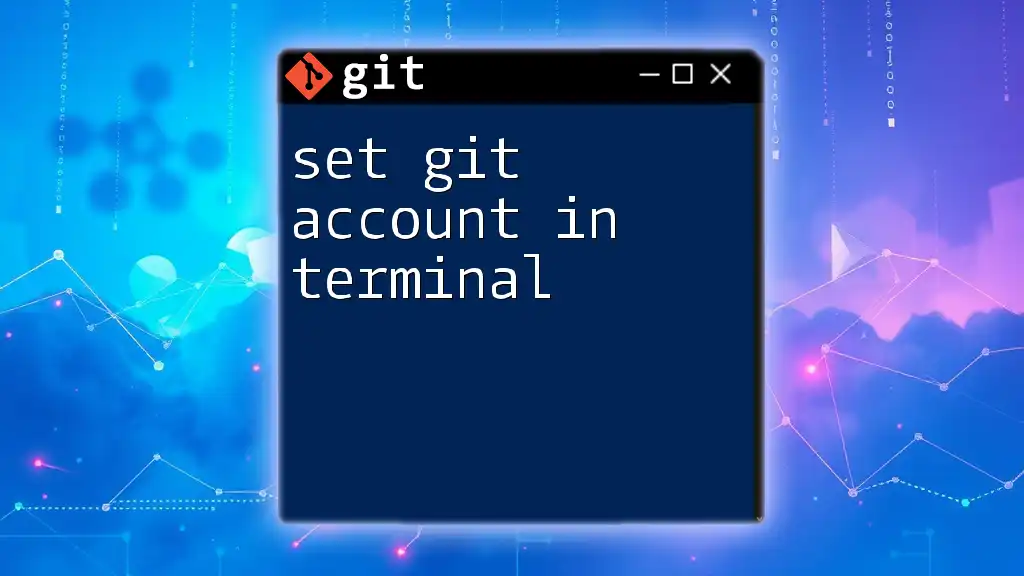
Troubleshooting Permission Issues
Encountering permission-related issues can be a frustrating experience, particularly when you are eager to contribute. Common error messages that signal permission problems include:
- "Permission denied" when attempting to push commits
- "Authentication failed" when trying to connect to the repository
Understanding what these messages signify is crucial. When you see a "Permission denied" message, it usually means your permissions don’t allow you to perform the action you're attempting.
To resolve these permission errors, follow these steps:
-
Check Your Repository Access Level: Use the command mentioned earlier to understand your current permissions and identify any gaps.
-
Confirm SSH Keys are Correctly Configured: If you are using SSH to connect, ensure your keys are properly set up and associated with your account on the Git host. Check with the following command:
ssh -T git@github.com
If configured correctly, you should see a confirmation message.
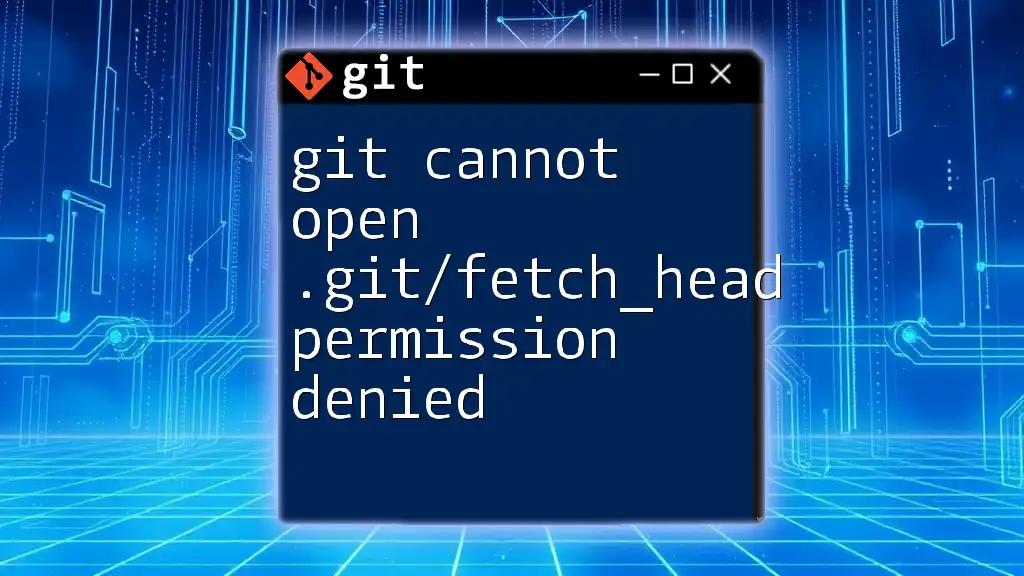
Best Practices for Working with Permissions
Collaboration doesn’t just rely on technical skills; it also involves adhering to etiquette within a team environment. Here are core principles that ensure smooth collaboration:
-
Respecting Team Permissions: Always be aware of your and others' access levels. Changes in project membership should be communicated and managed appropriately.
-
Managing Permissions Responsibly: When requesting additional permissions, ensure that your actions are justified based on your contribution level. Overstepping can lead to trust issues within the team.
Furthermore, maintaining the security of your repository is paramount. Here are some tips:
- Regularly review team members' access and adjust permissions as necessary to ensure only those contributing significantly retain higher levels of access.
Conclusion
Understanding the 'genericcontribute' permission is fundamental to successfully navigating Git's collaborative landscape. This permission facilitates engagement and development while safeguarding the integrity of the project.
Ensuring effective communication when requesting permissions, troubleshooting common issues, and adhering to best practices significantly enhance both individual contributions and overall team dynamics.
For anyone looking to dive deeper into Git commands or improve their collaborative skills, exploring further resources or engaging with training opportunities can lead to heightened productivity and enhanced learning experiences.

